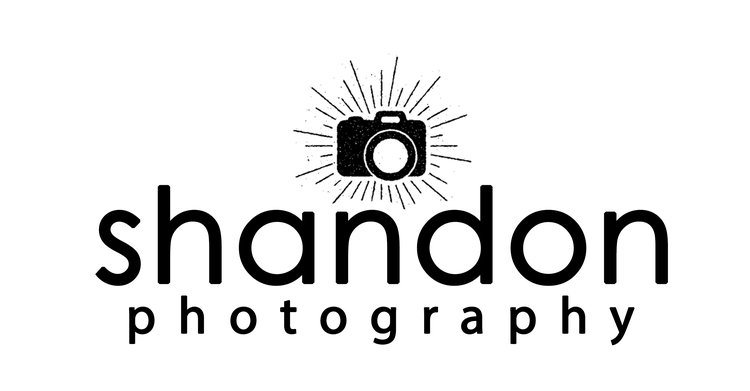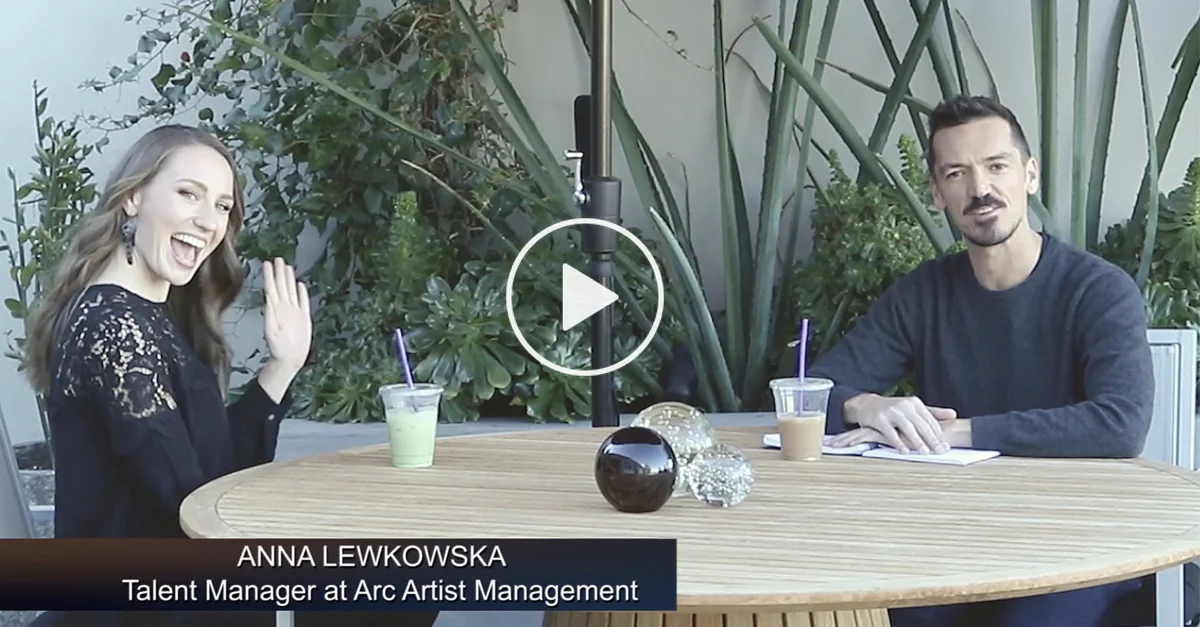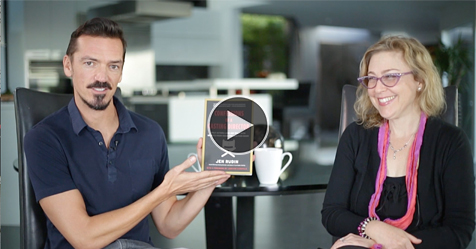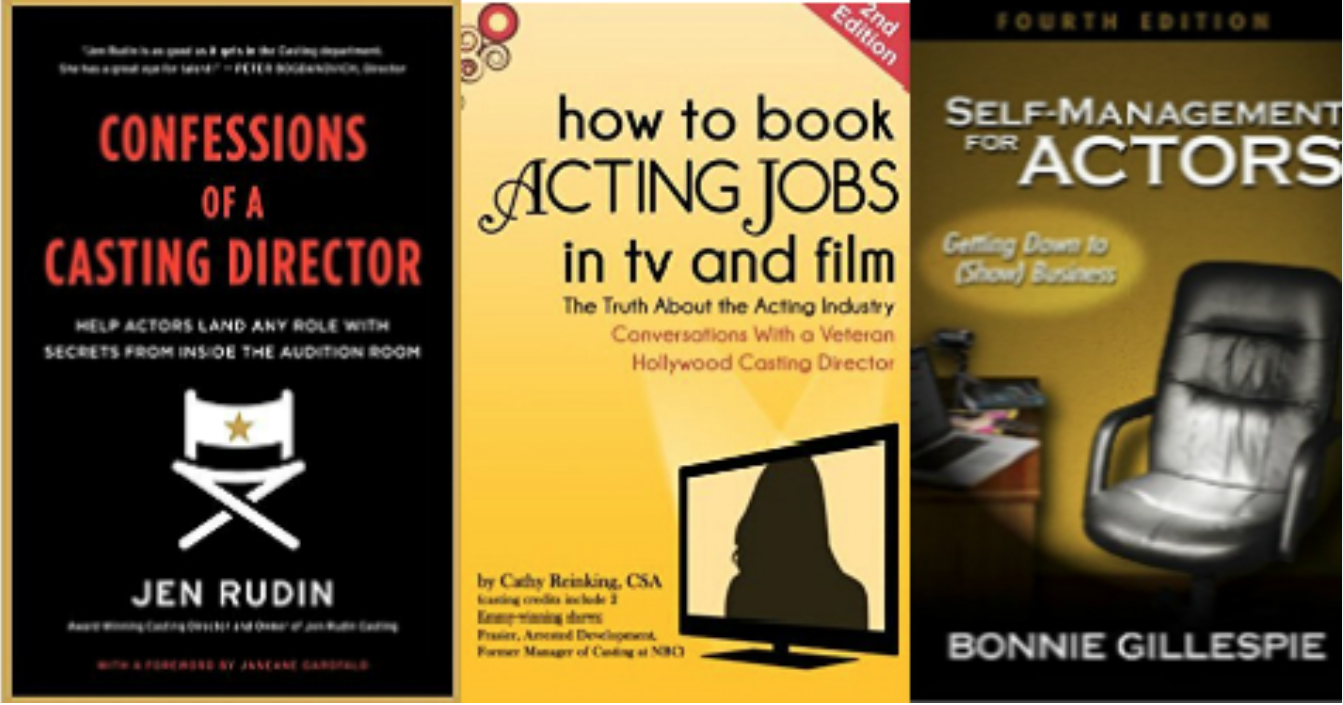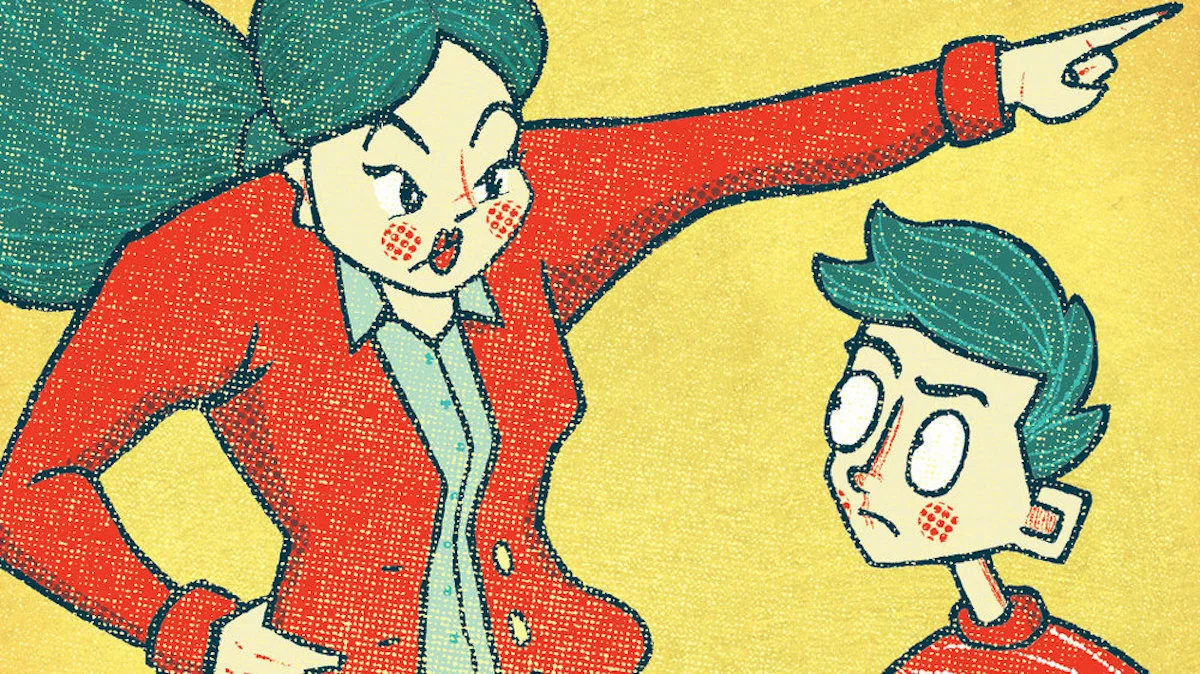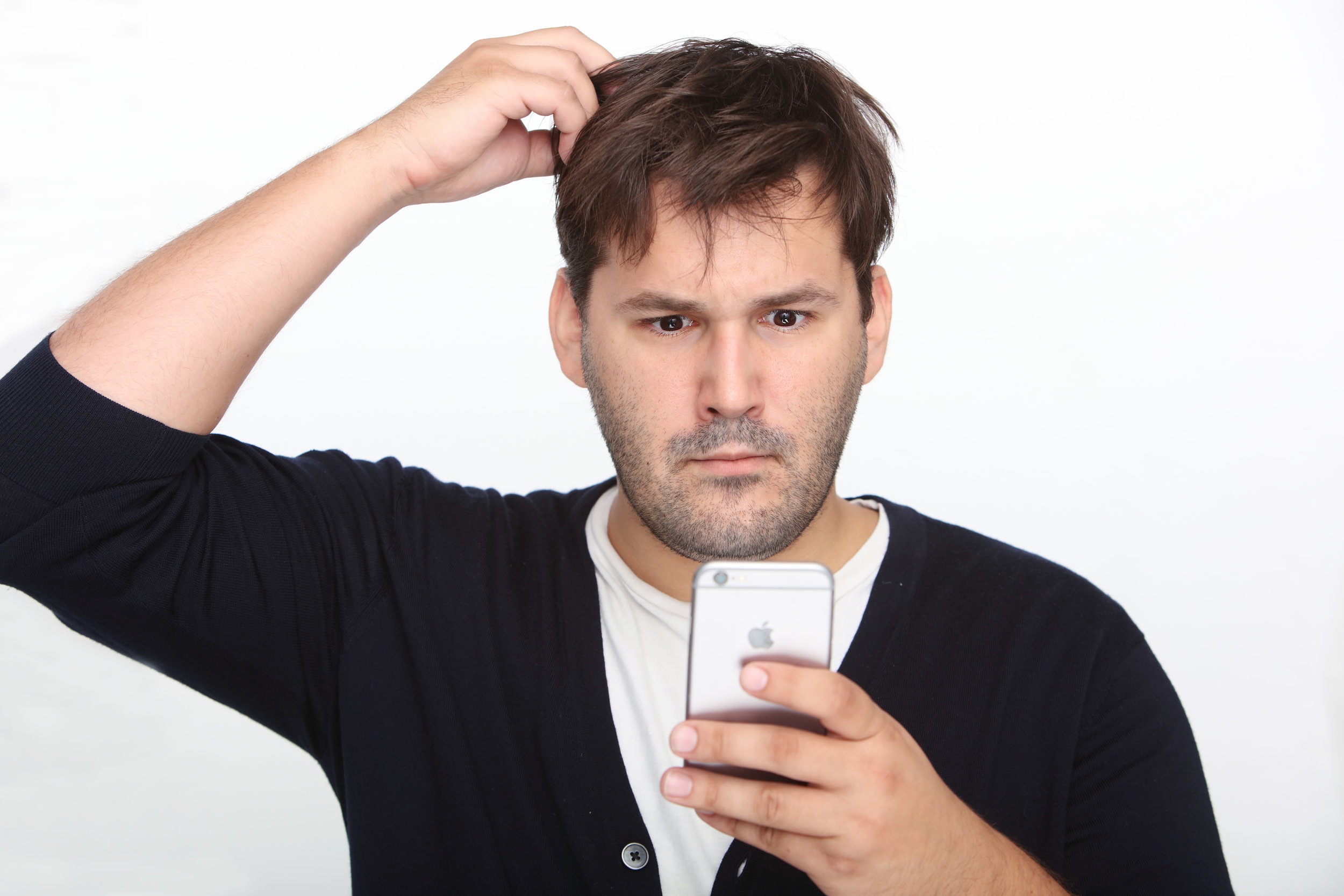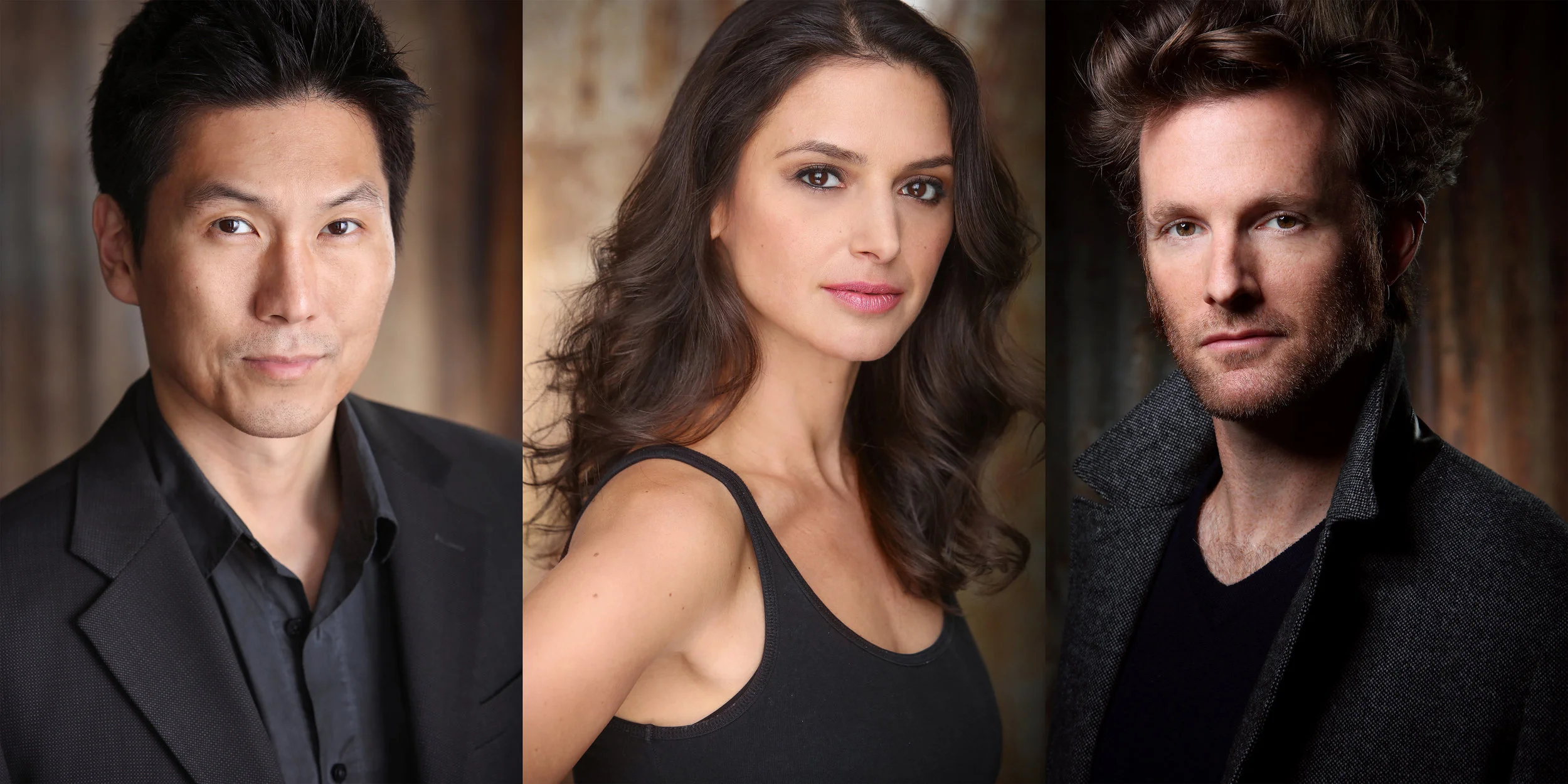As a Los Angeles headshot photographer, my goal with every shoot is to create dynamic actor calling cards that tell a story about the artist’s energy and charisma. I want to create compelling portraits that explain who actors are and who they can be. I want to share what’s best about the performer and why they are relevant in Hollywood. I constantly try to make every photoshoot wildly successful, by capturing moments of intrigue and appeal, but I understand not everyone is hardwired for my definition of success. In a society that constantly rewards mediocrity, I forget that not everyone wants to be burdened by the heavy crown of over-achievement. So if you’re one of those money performers who just wants to phone it in, or if you’re not a results-oriented bundle of ambition, this is the blog post you’ve been waiting for. Here are 5 things you can do to completely obliterate your headshot session. If you want to “kill it” at your photoshoot, start by launching these torpedoes.
Show up late. It really is the best way to make a first impression. Make sure that everyone you’ve hired is waiting for you, including the makeup artist, the photographer, and anyone else you’re working with that day. When you show up late, you set the tone for the shoot. You let everyone know that your shoot isn’t that big of a deal—you’re not “desperate” for great shots. You don’t need all that time your photographer has allotted for you. After all, you’re a one take wonder. You’re mom told you so! Plus, when you show up late, you immediately show people how important you are. It will become clear to everyone involved, that the shoot can’t happen without you.
If you are on time, or even early, you’ll have to waste time relaxing and getting centered. You might actually focus on your shoot and that might make you nervous. It’s much better to use the time and energy to freak out before your shoot. You can do this while you’re weaving in and out of traffic.
And when you’re late, don’t apologize. That just gives away your power. Nobody wants to hear you’re sorry for throwing their day into turmoil. They really want to hear an elaborate story that reiterates how important you and your life are. Seriously, you’ll never be a diva, unless you start acting like one. Fake it, until you make it!
Bring only one outfit. If you give your photographer too much choice, he might choose something that you don’t like. While we are on the subject of general appearance, it’s good to arrive with your hair wet. And don’t wear comfortable shoes. Wear stiletto heals, because they will “put you in character,” even if you’re not a woman.
Don’t have an opinion. This one is huge! It’s so important that you don’t show up with anything to contribute. If you have an opinion, people might think you have goals, and goals are something that take you out of the moment. Let spontaneity guide you. So many people make the mistake of talking to their agents and managers before coming to their headshot session. Agents and managers are notorious for knowing exactly how they are submitting their clients. And if you talk to your agent, you run the risk of hearing things you don’t want to hear—like why your current headshots aren’t getting you in the door, or what their other successful clients are doing to book work. Agents and managers are a wealth of information, but too much information can really confuse you, or worse, help you have an opinion to share with your photographer. Sometimes it’s better to just fly blind.
Also, if you have an opinion, your photographer might get lazy and just collaborate with you. Aren’t you paying your photographer to make magic happen? You shouldn’t have to spoon-feed him. He’s the expert. If you are too involved, then all of a sudden your photos are specific to you and your uniqueness. If you have absolutely nothing to offer, you can effectively entrust your entire career to a practical stranger who clearly knows you better than you know yourself. Do the right thing.
Don’t speak. The best way to ensure that you don’t sabotage your photoshoot is to keep your mouth shut. No photographer likes a two sided conversation—especially one that involves opinions (see above). Stop distracting your photographer. He’s there to document your face (it’s a headshot). If you have a conversation that involves more that one word answers, there’s a pretty strong chance that your charisma and unique spirit might overpower your photos. You might make yourself vulnerable and accessible and that will really mess things up.
If you actively carry a conversation during your shoot, you run the risk of being interesting. and if the photographer finds you interesting, he may be inspired to capture your uniqueness visually. Keep it simple. Don’t share your goals. Don’t answer any questions. Don’t show interest in anything! Talking is overrated. That’s why text messaging exists. You’re first goal is to stay strong and stay silent.
Don’t take direction. If you shoot with an experienced photographer, chances are he’s been doing it long enough to think he’s some sort of expert on the subject. He probably fancies himself a director. If you really want to bring it home, ignore any suggestions and do you’re own thing. He’ll want to find your angles, give you objectives, coax emotion, but you’ve taken a million selfies, so you know you. Your photographer is a button pusher at best, and sometimes he needs to be reminded. This is not a collaborative art. You’re the MVP of your career. Remember: There is no “U” in “teamwork.”
Don’t be present. We all know that conversation and intimacy can be scary. And when you’r scared, you’re not yourself. Don’t let that alter ego be captured. Distract yourself and don’t stay in the moment. The easiest way to do this is to keep your phone close by. When the photographer is setting up lights or adjusting your clothing or your hair or even just talking to you, it’s the perfect time to grab your phone and check out your likes on Instagram. This sort of self validation will really give you confidence when you need it most. If you have time, answer those texts from your mother asking how the shoot went. Won’t she be surprised by your speedy response? Give yourself the greatest gift—a lack of presence.
There are other ways to ruin your photoshoot, but these are the big ones. Try to observe a couple (if not all) of them to really chip away at the quality of your headshots until they reach that mediocre/sub-par level. If Hollywood continues it’s trend toward the celebration of average, you don’t want to miss your chance to ride that gravy train because you decided you needed some kick-ass headshots. Stop trying so hard. It’s all luck anyway. Isn’t it?
